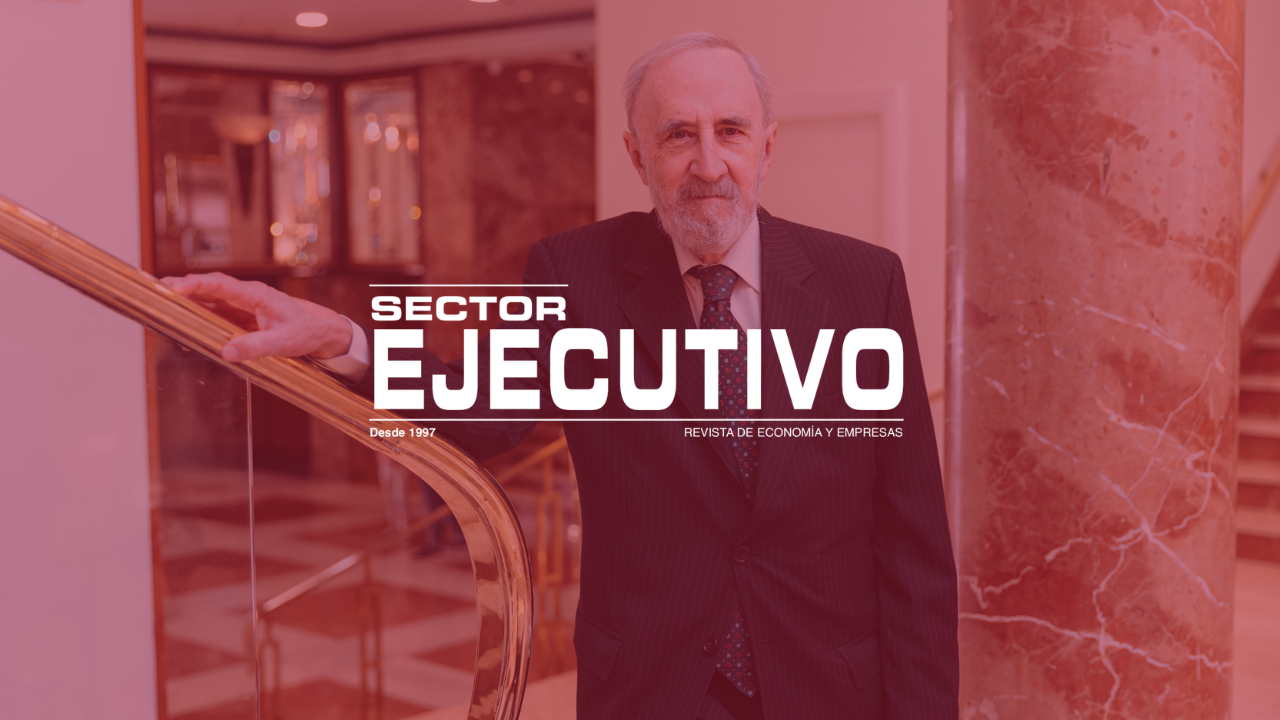The «parental pin yes or no» debate is an exercise of artificial polarization promoted by two extremes of the political spectrum in order to monopolize the media spotlight and distract attention from the problems (of substance and gravity) that this government is creating. This is a false polemic, given that the only places where an autonomous administration can give that pin to parents are precisely those where that same administration is equipped, authorized and willing to eliminate any justified need to use it. In other words, the pin is not worth what it is sold for.
About real problems and popular perceptions
A good populist proposal is one that starts from a real problem and provides a seemingly simple solution that flatters those who listen. If there is a «them» and an «us», it scores double. Side effects are not mentioned.
In the case of the pin, there is such a problem: the perception of many Spaniards that public education is serving as a vehicle for the social engineering of social democracy and nationalisms, skipping the limits established by common sense and the Constitution itself. We have replaced compulsory religion by political correction, dictated by the PSOE with the support of Podemos; and real history (or even the map), by the fantasies of the nationalist government of the moment. We have replaced the children’s mother tongue with the language prescribed by authority.
This is an exaggerated perception, but based on real facts. The SKOLAE programme in Navarre, an initiative to teach in equality led by an abertzale sexologist, mother of a man convicted of ideological aggression in Alsasua, does not respect the constitutional right of parents to have their children educated in accordance with their beliefs. The «philosophy of gender» (a different condition of physical sex and sexual orientation, subjective and fluid, which replaces these in legislation) may be part of the political correctness that socialists preach today, but it does not have universal support. Nor is «feminism», which equates being male with being suspected of rape, universal. And yet both are being promoted from the councils of many autonomous communities, although sensible teachers sift things out. As a result, more conservative people see their values attacked by public education in some regions.
Much more serious is the problem of other communities where authentic indoctrination occurs and false versions of history and reality are disseminated, often in a different language than the mother tongue, due to a legal imperative (more or less direct, as there are many ways of promoting Model D teaching in Basque).
These abuses occur and are promoted only where PSOE, Podemos and nationalists govern. Let’s not lose sight of this fact.
Socialization and its abuse
At the other end of the debate, we have PSOE ministers claiming that children are not the «property» of their parents to instruct them in any barbarism. And they use that argument to justify that «they are», in fact, the party that governs in the autonomous community and controls education (as long as it is them). Again, this is a brutal simplification, which they use to avoid responsibility for the real problem.
It should be recognized that education (and more so public education) has an element of socialization, of diffusion of values and ways of doing things. It is not only geography, but also hygiene, manners and habits. In the example they receive (from teachers and classmates) and in the contents required of them, students obtain much more than technical training. And that should be good, inasmuch as it contributes to the modernization, cohesion and evolution of society; to disastrousness from the first public school.
The pin can only be given by regional governments that do not believe in social engineering through school; the same ones that are not going to practice it
But since «good» is a debatable qualification, the Constitution places restrictions, and so do the laws. The former stipulates that parents can educate their children in public schools according to their philosophy. And the legislation, that they have the ability to choose language (surprising but true). In addition, the regulations establish school boards, various inspections and other mechanisms to ensure that things are done well. Those rights are respected. That the values that are disseminated are within the constitutional consensus and in line with those of the parents.
In short, the children don’t belong to the Education Department, but their instruction is not limited to parents either. Society has the right and the duty to disseminate values and data, within limits.
Some that the communities governed by PSOE, Podemos and nationalists have been skipping for decades, arriving at obvious excesses that provoke the reaction of many. And that’s why the idea of a pin sounds useful. But it is not.
Fake debate
As we said at the beginning, since education is an autonomous competence, the pin can only be given by regional governments that do not believe in social engineering through school. The same ones that, evidently, are not going to exercise it.
The current debate places a party (Vox) that defends the freedom of parents through a tool that does not do what it says against another (PSOE) that claims the obligation of the State to promote democratic values and political correctness… while tolerating and encouraging education in sectarianism. Two opposing sides, wrapped in flags that drag the unwary into the controversy and allow the protagonists to present themselves as its champions.
And while we’re talking about a solution that doesn’t work, we’re still not working on rattling the cat of a real, and increasingly serious, problem. One that persists because we have ignored the letter and spirit of the law for so many years.
Public education cannot sponsor values that are alien to the constitutional consensus or spread lies. Parents must be able to choose the philosophy that is transmitted to their children and their language. Avoiding these obligations brings us to where we are. But solving this is not as easy as inventing a slogan and insulting the opposite.






